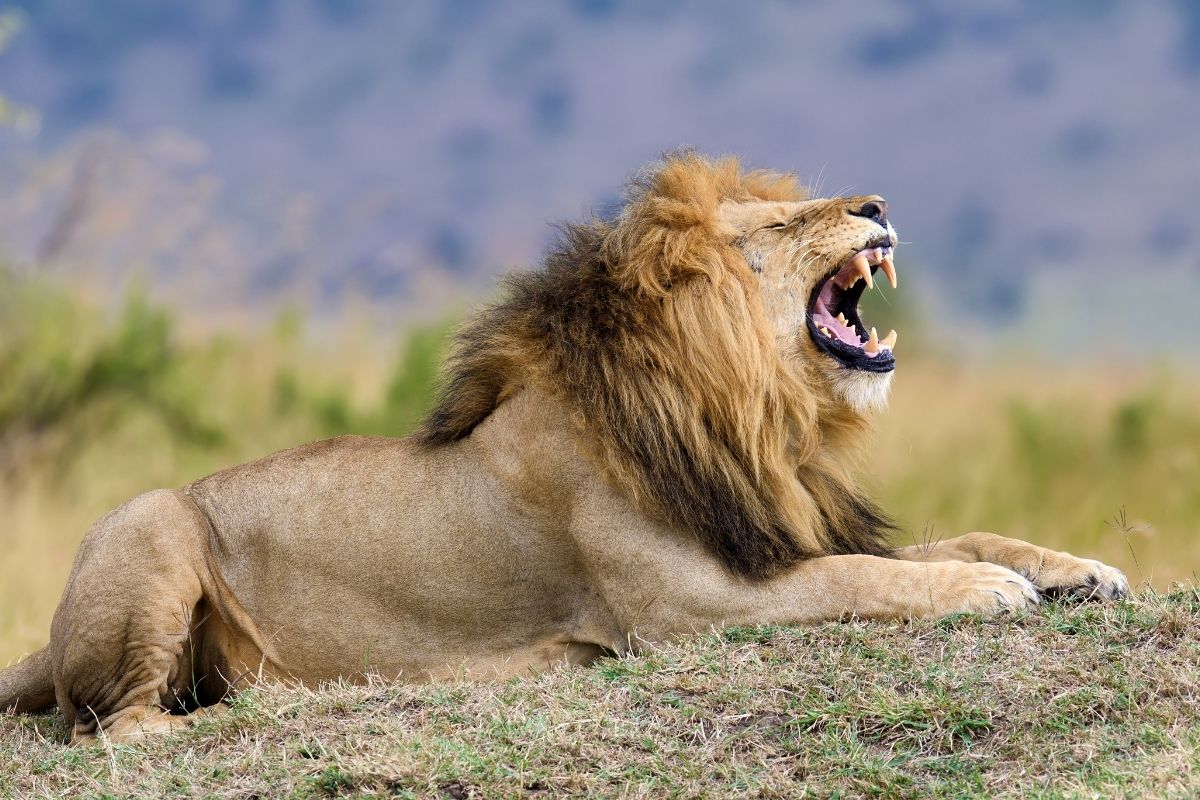Tanzania Tourism Minister Damas Dumbaro told the media that he was at Safari Club International’s 50th annual hunting convention in Las Vegas to “market Tanzania’s hunting blocks before the rich American hunting tourists and other trophy hunting investors around the world.” He pointed out he was also there to learn about new strategies that would make hunting safaris more profitable to earn more revenues for the government.
This is the same government that has a reputation for being one of the worst offenders when it comes to elephant poaching and the illicit ivory trade. Several years ago, individuals, conservation groups and local and international media had accused the Tanzanian government of inaction and linked the slaughter of elephants to increased criminality, corruption, the proliferation of firearms, the failure of the judicial system and a perception that Tanzania is a sanctuary for criminals.
That’s why in 2014 the U.S. imposed a ban on all wildlife-related products from several African countries including Tanzania, Zimbabwe and Zambia. The Trump Administration lifted the ban in 2018, once again putting pressure on wildlife species who are already vulnerable because of climate change and habitat destruction.
Now the Tanzanian government is claiming that poaching has declined by 70% from 2015 to 2018. Regardless, trophy hunters are just poachers with permits. While poachers are willing to slaughter magnificent animals to make a buck, well-heeled vainglorious trophy hunters spend lots of money to get permits for extravagant hunting trips to kill for bragging rights and prizes.
You only have to visit the SCI’s website to see proof that trophy hunters are thrill-seeking competitors hoping to get the biggest trophy so they can show it off and receive awards. SCI offers awards in dozens of categories, including those for killing the most species in the most-distant places and for killing multiple species of bears and big cats around the globe.
As if that’s not despicable enough, hunters in Tanzania are only allowed to kill stray elephants and lions and the “aged, and unproductive animals.”
All African wildlife have a right to live and flourish in their own way. Not only that, but they are also pillars of Africa’s ecosystems. It’s not only that our children’s children may never see an elephant in their lifetime, but more so that losing an animal of such environmental impact could cause a lot more damage than we even know.
It’s sickening that trophy hunters believe they are entitled to deny the world of such grand animals at any age because they have plenty of cash to do so. They also perpetuate the myth that their money contributes to conservation. The only difference between poachers and trophy hunters is public perception. The Safari Club International has a well-oiled PR machine perpetuating the myth that trophy hunters are conservationists.
However, a 2013 study that revealed that only a measly 3 percent of trophy hunting expenditures goes back to the local communities for conservation or development. Furthermore, there is no evidence that trophy hunting contributes to conservation—protection of habitat or reintroduction of animals—in the natural range of these species. But there is growing scientific evidence that the legal trade of trophy-hunted species actually enables the illegal poaching by providing poachers a legal market to launder their contraband.”
That’s why over the summer Friends of Animals filed a rulemaking petition with the U.S. Fish and Wildlife Service to stop the importation of the sport-hunted “trophies” of all threatened and endangered animals. If the goal of the Endangered Species Act is conservation of species, our regulations should not grant a loophole legalizing the slaughter of the most vulnerable among them and then add insult to injury by permitting the glorification of the killing through the importation of their dismembered body parts. Permitting individuals to hang lion and leopard heads or mount elephant tusks on the walls of their homes, for example, undermines the message that we should be protecting them.
Banning the import of trophies into the United States will have a profound impact on threatened and endangered species since Americans kill far more animals than any other nation.
Americans should be engaging in community-based wildlife watching tourism in places like Kenya, for example, which does not permit trophy hunting. Tourism recorded a turnover of $2.8 billion in revenue in 2017 for 429,500 direct jobs. In neighboring Tanzania, tourism figures were $1.9 billion and 446,000 direct jobs off 14.5 million acres of tourism areas. By contrast, big game/trophy hunting in Tanzania generated just $30 million in revenue and created only 4,300 direct jobs off 50 million acres of hunting areas.

